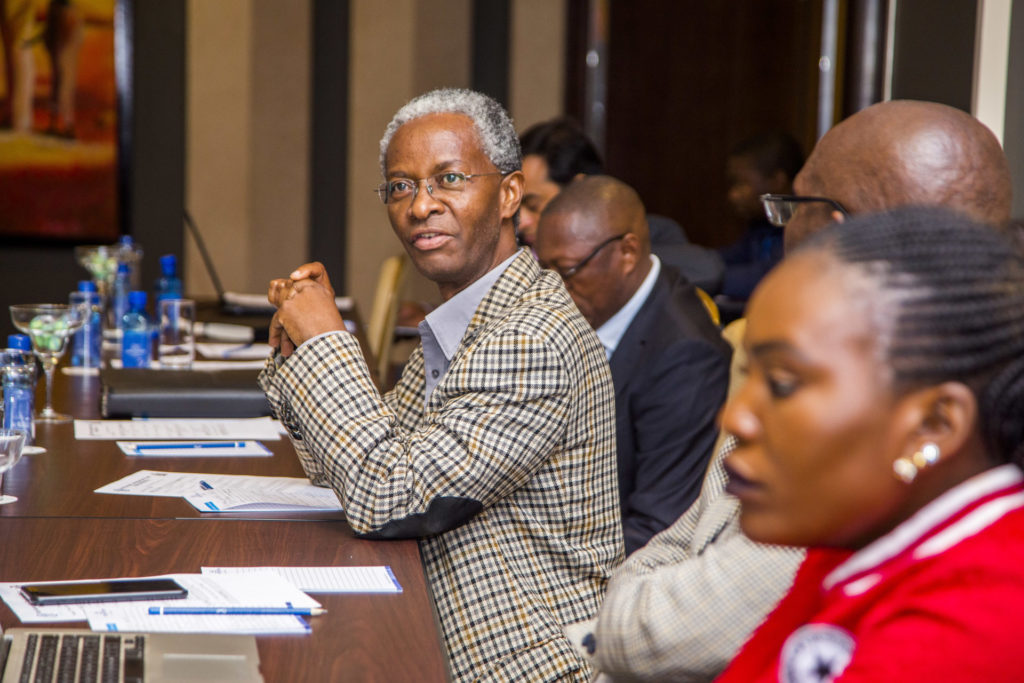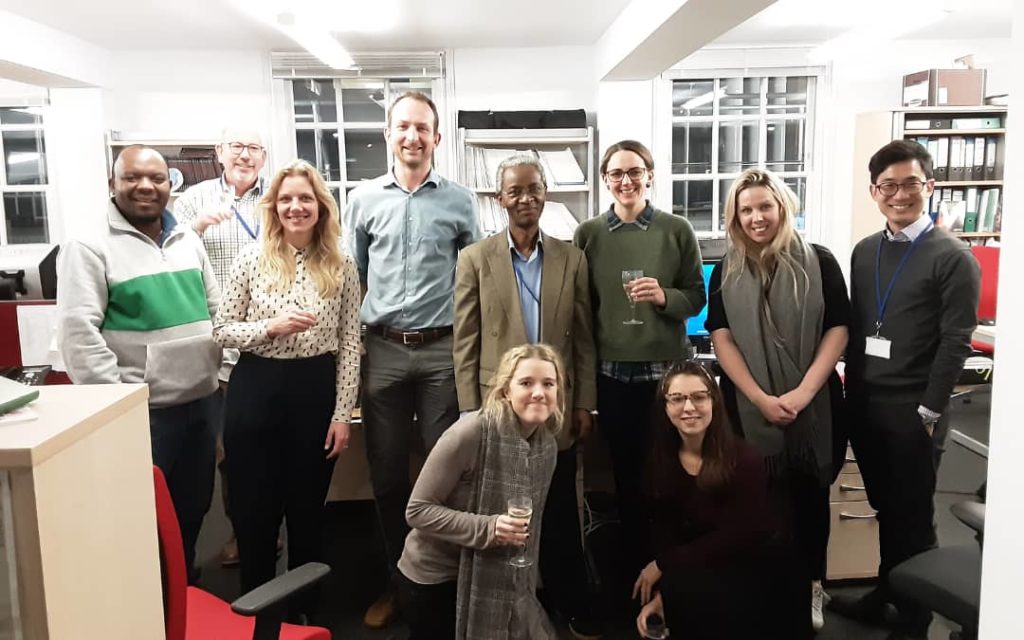By Lauren Phillips, University of Leeds
Though maize is a staple of the Zambian diet, it also contributes to the country’s high malnutrition rates, among the highest in the world.

Aside from health consequences, reliance on maize also makes the country more susceptible to climate change. A combination of strong droughts and flash flooding wiped out crops and caused poor harvests nation-wide in 2019, pushing more of the already-vulnerable population into severe food and nutrition insecurity.
While it’s clear that diversifying away from maize will benefit nutrition and climate resilience, such a major decision requires careful consideration of the implications for social-cultural, economic, trade, political, and environmental factors.
Prepared with more than two decades of experience in Zambia’s agricultural sector, cutting across government ministries, private sector, international organisations, and NGOs, Christian Chomba set his sights on answering this complex question during his three-month fellowship through the Agriculture and Food-system Resilience: Increasing Capacity and Advising Policy (AFRICAP) programme.
AFRICAP fellowship builds research and policy engagement skills
Based at Chatham House, Chomba worked alongside some of the world-leading policy institute’s brightest minds to develop policy engagement and research skills in the Queen Elizabeth II Academy for Leadership in International Affairs programme.
Drawing on his in-depth knowledge of Zambia’s agricultural sector from his role as a research and policy advisor at the Agricultural Consultative Forum (ACF) and previous work with the Ministry of Agriculture and the United Nations, Chomba produced an in-depth study of the benefits and implications of diversifying away from maize in Southern Africa, putting a new spin on a long-standing issue.
“Most presentations on diversifying away from maize use agronomic data and information, but not much has been done to present this issue from other perspectives,” Chomba explains.
“In my study, I’ve captured social and political contexts, and have also touched on the nutrition, economic, trade and environmental aspects, which is where I really see the benefit to Zambian policymakers. This research mainly targets high-level policymakers by communicating the urgency of the situation from a new angle while reinforcing the existing messages from the agronomic perspective.”
In addition to producing a research paper summarising his findings, set to be published through Chatham House, Chomba also presented his research at a public seminar hosted by the AFRICAP programme.

Fellowship makes lasting impact on Zambia’s agriculture sector
Despite the brevity of the fellowship, Chomba says the learning opportunities at Chatham House contributed to his professional development and provided valuable insights that will aid ACF in future policy interactions, including Chomba’s ongoing role as the coordinator for all AFRICAP-related work in Zambia.
“Through the AFRICAP fellowship programme, I enhanced my knowledge in policy engagement and analysis while building valued connections with Chatham House colleagues and key international stakeholders, including the Sustainable Development Goals Centre for Africa (SDGC/A),” he says.
“These practical skills and new relationships will positively influence ACF’s future interactions with agricultural sector policymakers and stakeholders in Zambia.”
Since returning from the UK, Chomba has already used his expertise to influence national agricultural policy developments.
In addition to championing a major study on Zambia’s oilseed value chain and climate impacts to inform new policy interventions, including the Government of Zambia’s soybean development strategy, he is also bringing AFRICAP evidence to the ongoing review of the National Agricultural Investment Plan. The process will culminate in the development of a renewed plan launching nationally in 2021.
